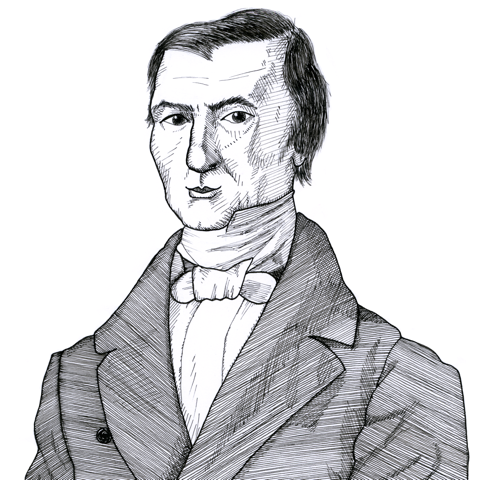
Bastiat’s Malthusian theory of the growth of the state (1847)
Found in: Economic Harmonies (FEE ed.)
The French economist Frédéric Bastiat (1801-1850) believed that the state would continue to expand in size until it over-reached the ability or willingness of the taxpayers to fund it:
The State
And yet the state, which, after all, is composed of men (although nowadays this is denied, at least by implication), obeys the universal tendency. It wants to serve us a great deal—more, indeed, than we desire—and to make us accept as real services what are often far from being such, and all this for the purpose of exacting some services from us in return in the form of taxes.
The state too is subject to the Malthusian law. It tends to expand in proportion to its means of existence and to live beyond its means, and these are, in the last analysis, nothing but the substance of the people. Woe to the people that cannot limit the sphere of action of the state! Freedom, private enterprise, wealth, happiness, independence, personal dignity, all vanish.